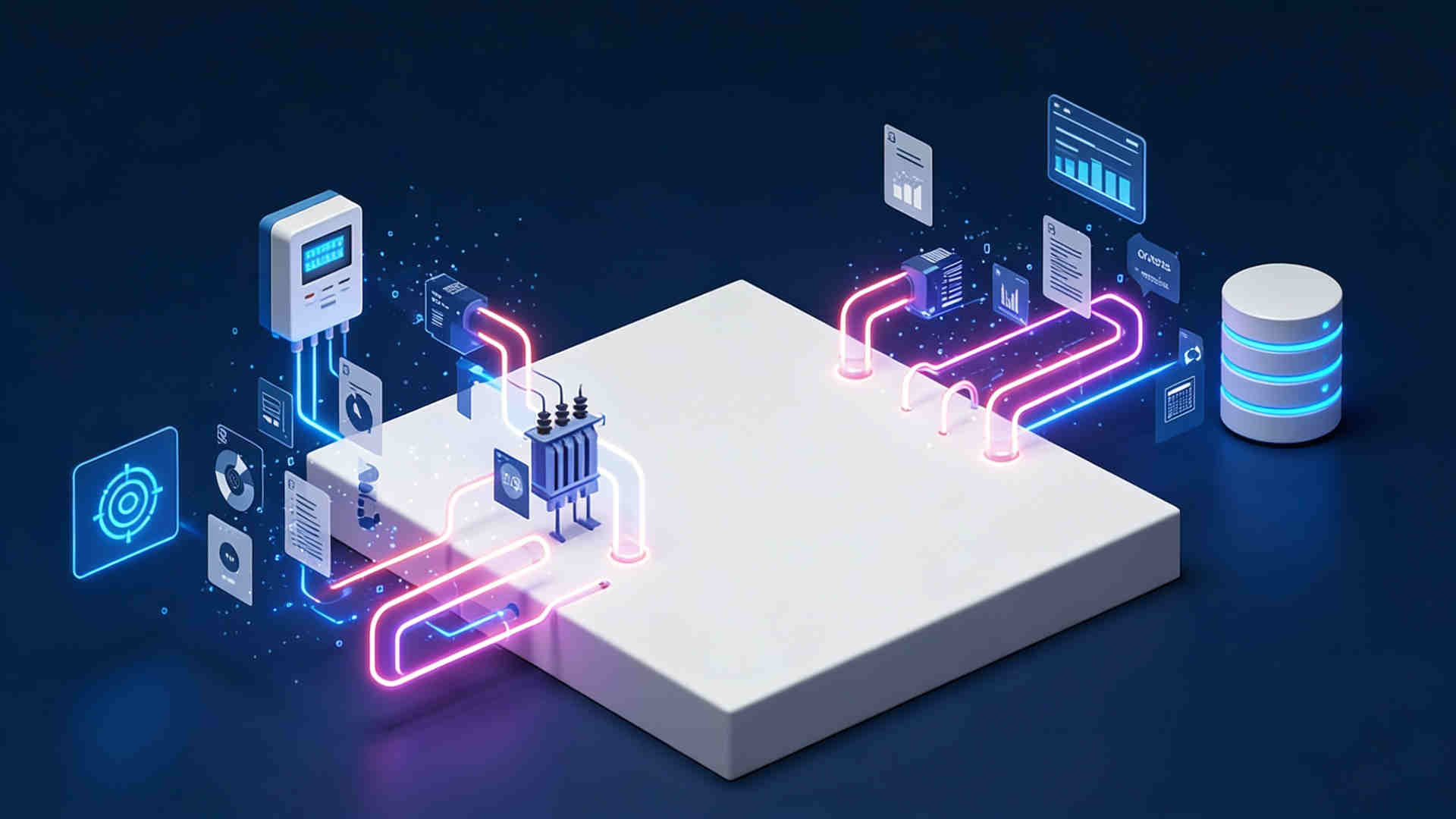In the rapidly evolving utilities sector, the grid plays a crucial role in monitoring smart devices, marking a significant shift towards more intelligent, efficient, and reliable energy management systems. The integration of smart devices into the utilities infrastructure, facilitated by advancements in the Internet of Things (IoT), artificial intelligence (AI), and data analytics, has given rise to a new era of smart grids. These grids are capable of self-healing, optimizing energy flows, and enhancing operational efficiencies. This article explores how the grid's role in monitoring smart devices is pivotal in transforming the utilities world.
The Evolution of Smart Grids
Smart grids represent an evolution from traditional energy networks, primarily due to their ability to monitor, analyze, and manage the flow of electricity from generation sources to end consumers in real-time. This is achieved through the widespread deployment of smart devices across the grid, including smart meters, sensors, and automated switches. These devices collect vast amounts of data on energy consumption, production, and network conditions, enabling the grid to make intelligent decisions to optimize energy distribution and maintain stability.
Monitoring and Managing Energy Flows
One of the key functions of the grid in monitoring smart devices is to manage energy flows more effectively. Smart meters and sensors provide real-time data on electricity usage and generation at different points in the network. This data allows utility providers to balance supply and demand dynamically, reducing energy wastage and preventing outages. For instance, during peak demand periods, the grid can reroute power from less critical areas or integrate energy stored from batteries to meet the increased load without overloading the system.
Enhancing Grid Reliability and Efficiency
The data collected from smart devices enables the grid to predict potential system failures and mitigate them before they occur. For example, predictive analytics can identify equipment that is likely to fail and schedule maintenance or replacement in advance, thus avoiding unexpected outages. Additionally, by continuously monitoring the condition and performance of grid infrastructure, utilities can optimize the operation of their assets, extending their lifespan and reducing maintenance costs.
Integrating Renewable Energy Sources
The transition to renewable energy sources is a critical component of global efforts to combat climate change. The grid's ability to monitor smart devices is essential in this context, as it facilitates the integration of variable renewable energy sources like solar and wind into the energy mix. Smart devices can provide real-time data on renewable energy generation, which, combined with predictive analytics, allows the grid to adjust to fluctuations in supply and ensure a stable energy supply.
Empowering Consumers
Smart devices not only enable utilities to monitor and manage the grid more effectively but also empower consumers to take control of their energy usage. Smart meters provide consumers with detailed information on their energy consumption patterns, encouraging energy-saving behaviors and enabling participation in demand-response programs. Furthermore, through home energy management systems, consumers can optimize the use of their appliances and even sell excess energy generated from rooftop solar panels back to the grid, transforming them from passive consumers into active prosumers.
Addressing Challenges and Looking Ahead
While the integration of smart devices into the grid offers numerous benefits, it also presents challenges, including data security and privacy concerns, the need for significant investment in infrastructure, and the requirement for regulatory frameworks to support new business models. Addressing these challenges is crucial for realizing the full potential of smart grids.
As technology continues to advance, the role of the grid in monitoring smart devices will become increasingly central to the utilities sector. With the ongoing deployment of 5G networks and further advancements in AI and machine learning, the capabilities of smart grids will expand, paving the way for more sustainable, efficient, and resilient energy systems. The future of utilities lies in leveraging these technologies to build an interconnected and intelligent energy ecosystem that benefits providers, consumers, and the planet.




.jpg)
.jpg)






